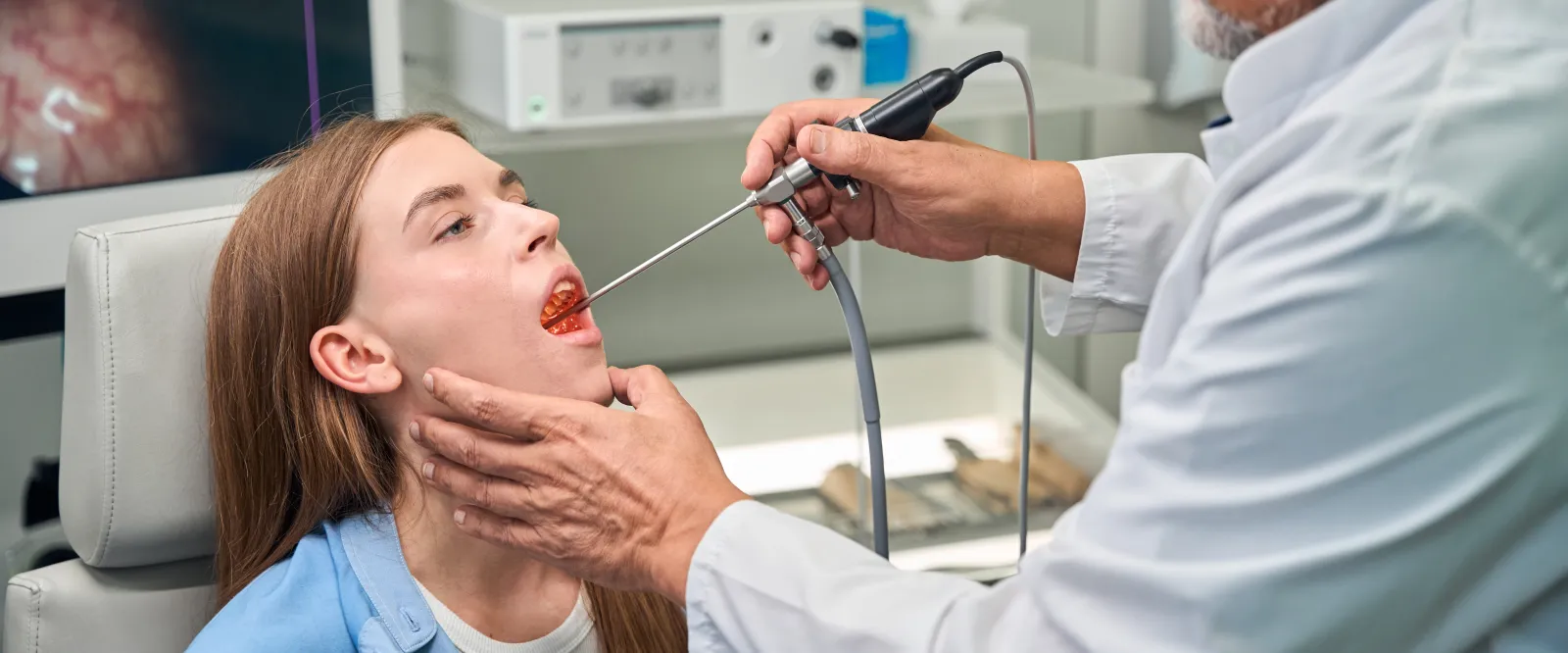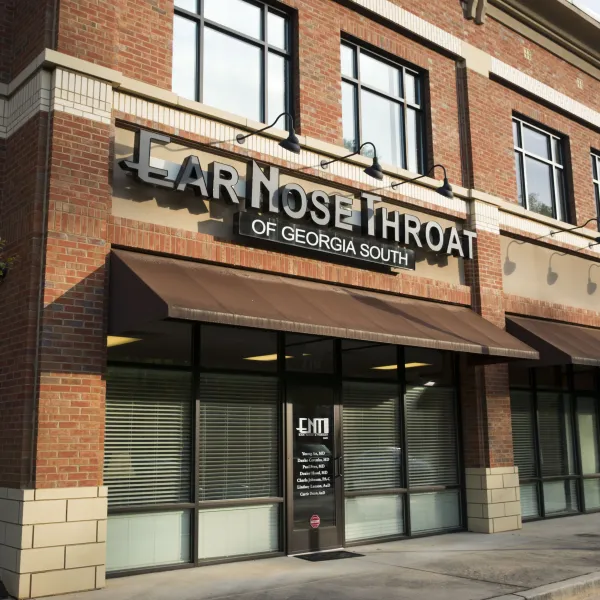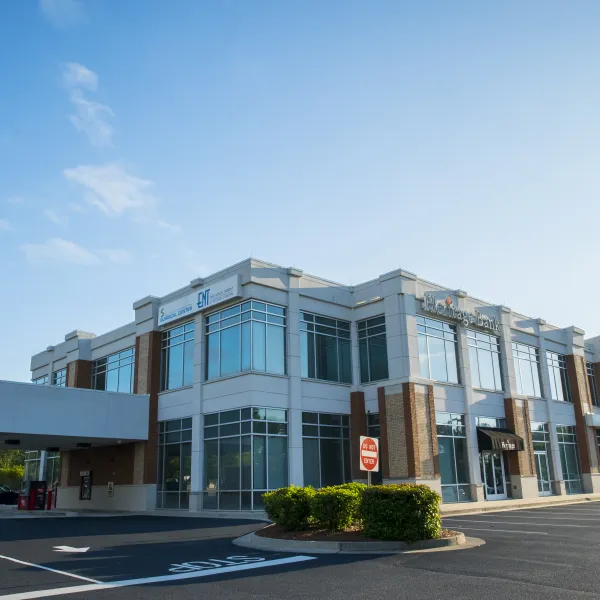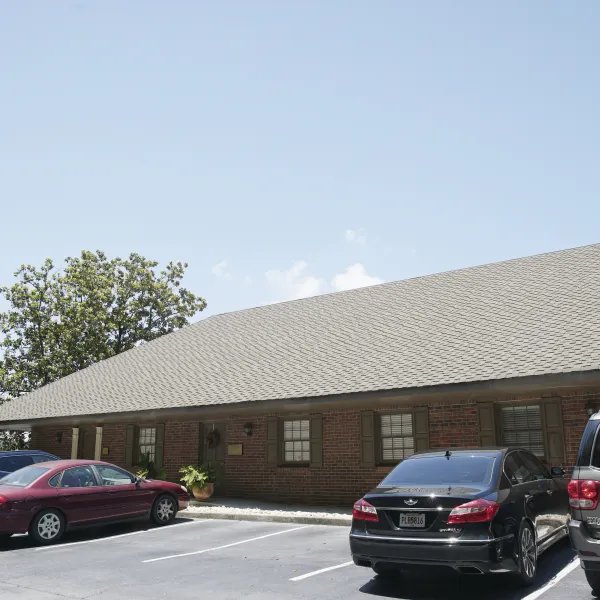
Vocal Cord Paralysis: Symptoms, Causes, and Treatment Options

Vocal Cord Paralysis
Vocal cord paralysis occurs when the nerve impulses to your voice box (larynx) are disrupted resulting in paralysis of the vocal cord muscles. Patients with vocal paralysis typically experience hoarseness, vocal fatigue, reduction in speech volume, throat pain when speaking and choking and coughing when swallowing. Depending on the severity of the symptoms, ENT of Georgia South offers a number of treatment options including voice therapy and surgery.
The vocal cords are essential structures within the larynx that enable speech and regulate airflow. When functioning properly, they open for breathing and close to produce sound. However, when one or both cords are unable to move, it results in vocal cord paralysis—a condition that can significantly impact breathing, swallowing, and speaking.
This condition affects people of all ages and may arise from various underlying causes. Whether it occurs suddenly or gradually, vocal cord paralysis treatment is crucial in restoring function and improving quality of life.
How Do Vocal Cords Work?
To understand paralysis of the larynx, it's essential to first explore how vocal cords work. These two small, flexible bands of muscle and tissue are located in the voice box (larynx). They open to allow airflow when breathing and close together to produce sound when speaking or singing. The brain controls their movement via the recurrent laryngeal nerve.
If this nerve is damaged or disrupted, it can lead to partial or complete paralysis of the larynx, affecting one or both vocal cords. This disruption impairs the ability to speak clearly and may even cause breathing difficulties.
What Causes Vocal Cord Paralysis?
There are many potential reasons why someone might develop vocal cord paralysis. Some of the most common causes include:
- Nerve Damage: Injury to the recurrent laryngeal nerve due to surgery (especially thyroid, heart, or neck surgery) is a leading factor in what causes vocal cord paralysis.
- Neurological Disorders: Conditions such as Parkinson's disease or multiple sclerosis can interfere with nerve signals, leading to vocal cord immobility.
- Viral Infections: Certain viral infections, including respiratory viruses, can inflame or damage the nerves controlling the vocal cords.
- Tumors or Growths: Masses in the neck, thyroid, or lung region can compress the nerves responsible for vocal cord movement.
- Stroke: A stroke can affect the brain's ability to send signals to the vocal cords, resulting in paralysis.
- Trauma: Physical injuries from accidents or medical procedures can impair vocal cord function.
While the exact cause is sometimes unknown, proper diagnosis is essential for determining the best vocal cord paralysis treatment plan.
Symptoms and Diagnosis
How common is vocal cord paralysis? The prevalence varies, but it is not an uncommon condition. It can develop at any age, and the severity depends on whether one (unilateral) or both (bilateral) vocal cords are affected.
Common symptoms of vocal cord paralysis include:
- Hoarseness or breathy voice
- Difficulty swallowing (dysphagia)
- Shortness of breath
- Loss of vocal strength
- Chronic coughing or throat-clearing
- A weak or whisper-like voice
If these symptoms persist, an evaluation by an ENT specialist is crucial. Diagnosis often involves a laryngoscopy to examine the vocal cords' movement and additional tests to identify what causes vocal cord paralysis in each patient.
Vocal Cord Paralysis Treatment Options
The appropriate vocal cord paralysis treatment depends on the severity of the condition and whether one or both cords are affected. Some common treatment options include:
Voice Therapy
For mild cases or those caused by nerve inflammation, speech therapy can help strengthen the remaining vocal cord function. A speech-language pathologist guides patients through exercises that improve voice projection, breath control, and swallowing ability.
Injections
When the vocal cords are weak or do not close properly, doctors may recommend injections of a filler material like collagen or hyaluronic acid. This technique adds bulk to the vocal cord, helping improve voice strength and reducing breathiness.
Surgical Treatments
For more severe cases, surgery may be necessary. Surgical options include:
- Medialization Laryngoplasty: A procedure in which an implant is placed to reposition the paralyzed vocal cord, allowing better closure.
- Reinnervation Surgery: This technique involves rerouting a nerve to restore movement to the affected vocal cord.
- Tracheotomy (for Bilateral Paralysis): If both vocal cords are paralyzed and cause airway obstruction, a tracheotomy may be required to ensure proper breathing.
Seeking Help for Vocal Cord Paralysis
If you or a loved one is experiencing voice changes, difficulty swallowing, or breathing problems, it's essential to seek professional care. ENT of Georgia South specializes in diagnosing and treating vocal cord paralysis, offering personalized solutions to restore function and improve quality of life.
For expert evaluation and vocal cord paralysis treatment, schedule an appointment with ENT of Georgia South today.
Our Convenient
Office Locations



Buckhead
1218 W Paces Ferry Rd NW
UNIT 208
Atlanta, GA 30327
Monday - Thursday 8am - 4:30pm
Friday - 8am-2:30pm






